
by msander | Jan 17, 2018 | Gr 7-8 Science & Tech, Gr 9-10 Science, Gr. 11-12 Biology
Human bodies aren’t built for extreme aging: our capacity is set at about 90 years. But what does aging really mean, and how does it counteract the body’s efforts to stay alive? Monica Menesini details the nine physiological traits that play a central...
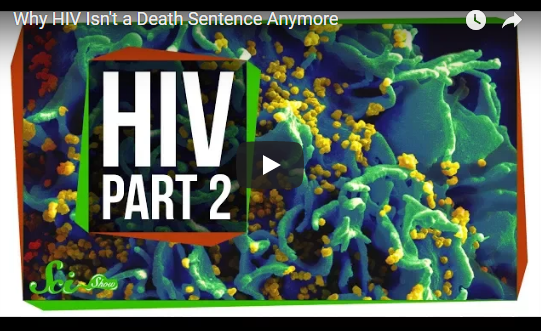
by msander | Jan 15, 2018 | Gr. 11-12 Biology
In the second video of our two-part series on HIV and AIDS, we look at the challenges that have kept scientists from developing a cure, and the treatments that have still managed to improve the outlook for those infected. We’re conducting a survey of our...
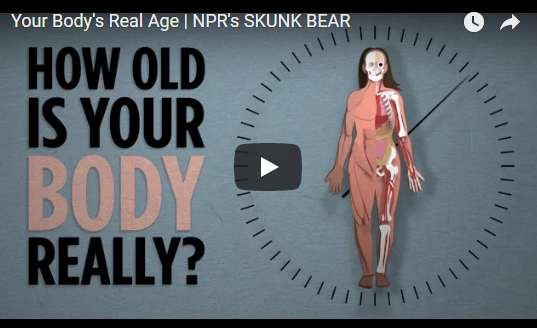
by msander | Jan 11, 2018 | Gr 1-3 Science & Tech, Gr 4-6 Science & Tech, Gr 7-8 Science & Tech, Gr. 11-12 Biology
Do all of your cells get switched out for new ones every seven years or so? Does anything remain with you throughout your entire life? Click here to go to the source of this resource for more info. ...
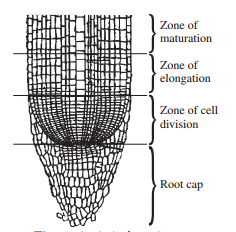
by msander | Jan 11, 2018 | Gr 9-10 Science, Gr. 11-12 Biology
Introduction One of the basic tenets of cell theory is that “all cells only arise from pre-existing cells.” In fact, new cells are formed by the process of cell division, which gives two genetically identical daughter cells. This activity provides detailed...
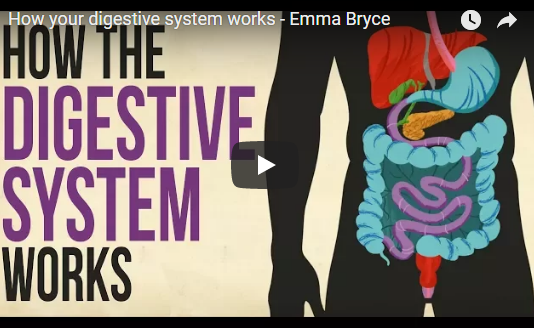
by msander | Jan 5, 2018 | Gr 4-6 Science & Tech, Gr 7-8 Science & Tech, Gr 9-10 Science, Gr. 11-12 Biology
Across the planet, humans eat on average between 1 and 2.7 kilograms of food a day, and every last scrap makes its way through the digestive system. Comprised of ten organs covering nine meters, this is one of the most complicated systems in the body. Emma Bryce...
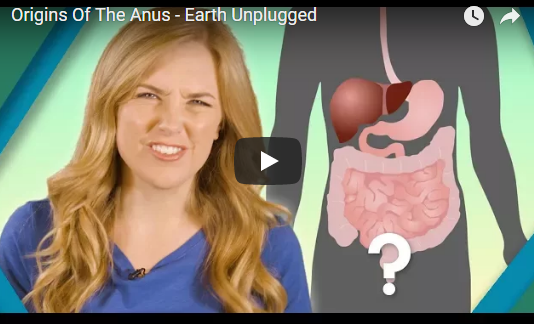
by msander | Jan 4, 2018 | Gr 4-6 Science & Tech, Gr 7-8 Science & Tech, Gr. 11-12 Biology
We all have an anus, but there was a time in our evolutionary past when our distant ancestors did not. In this video, Maddie Moate talks you through the origins and why we have what we have. Subscribe to Earth Unplugged for more amazing animal videos Click here to go...








Recent Comments